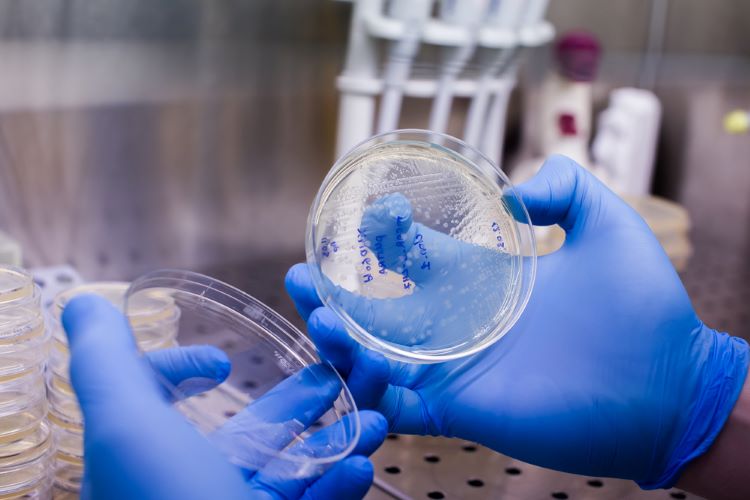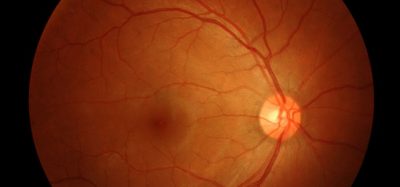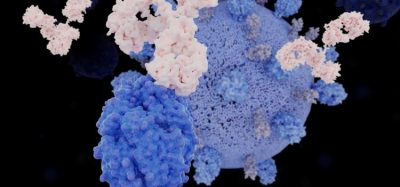‘Accidental’ media switch leads to CAR T therapy discovery
Posted: 4 July 2024 | Catherine Eckford (European Pharmaceutical Review) | No comments yet
The investigators hope that their new approach could lead to large-scale manufacturing of the CAR T cells for blood cancer patients.


Altering the conditions that T cells are grown in can improve CAR T-cell therapy, US researchers have found. Discovered by chance, their new method has potential to treat solid cancer tumours more efficiently, according to the findings.
Putting T cells on a keto diet
[putting our T cells on a three-day ‘keto’ diet] showed reduced maturity at the end of the manufacturing process. The less mature they are when reinfused into a patient, the longer they live fighting cancer”
“We were comparing two distinct T-cell media formulations with varying nutrient levels,” explained Dan Cappabianca of Wisconsin Institute for Discovery, University of Wisconsin-Madison, first author the paper published in Molecular Therapy — Methods & Clinical Development, which describes the study.
Cappabianca et al. activated the T cells in a nutrient-deficient medium with low concentrations of glucose and glutamine which the cells need for energy. The cells were then transferred to a high-nutrient medium. Metabolic priming of the T cells meant they kept their stem cell-like properties. Their survival and thus ability to overcome cancer cells increased.
“We discovered that by briefly restricting sugar exposure, akin to a three-day ‘keto diet,’ our T cells showed reduced maturity at the end of the manufacturing process. The less mature they are when reinfused into a patient, the longer they live fighting cancer,” stated Cappabianca. This is therefore promising for future CAR T therapy manufacturing.
Studies with the CAR T cells
Recent clinical studies using the T cells developed using this approach enabled 63 percent of cancer patients to obtain a temporary partial or complete reduction in tumours. This is compared to 15 percent of clinical trial patients given CAR T cells that were not grown with the lab’s two-step method, the researchers explained.
The researchers from University of Wisconsin–Madison hope that their new biomanufacturing process of “metabolically priming” anti-GD2 T cell receptor alpha constant (TRAC)-CAR T cells can be adapted for large-scale manufacturing.
Related topics
Anti-Cancer Therapeutics, Biopharmaceuticals, Bioproduction, Clinical Development, Clinical Trials, Data Analysis, Drug Development, Industry Insight, Stem Cells, t-cells, Technology, Therapeutics









